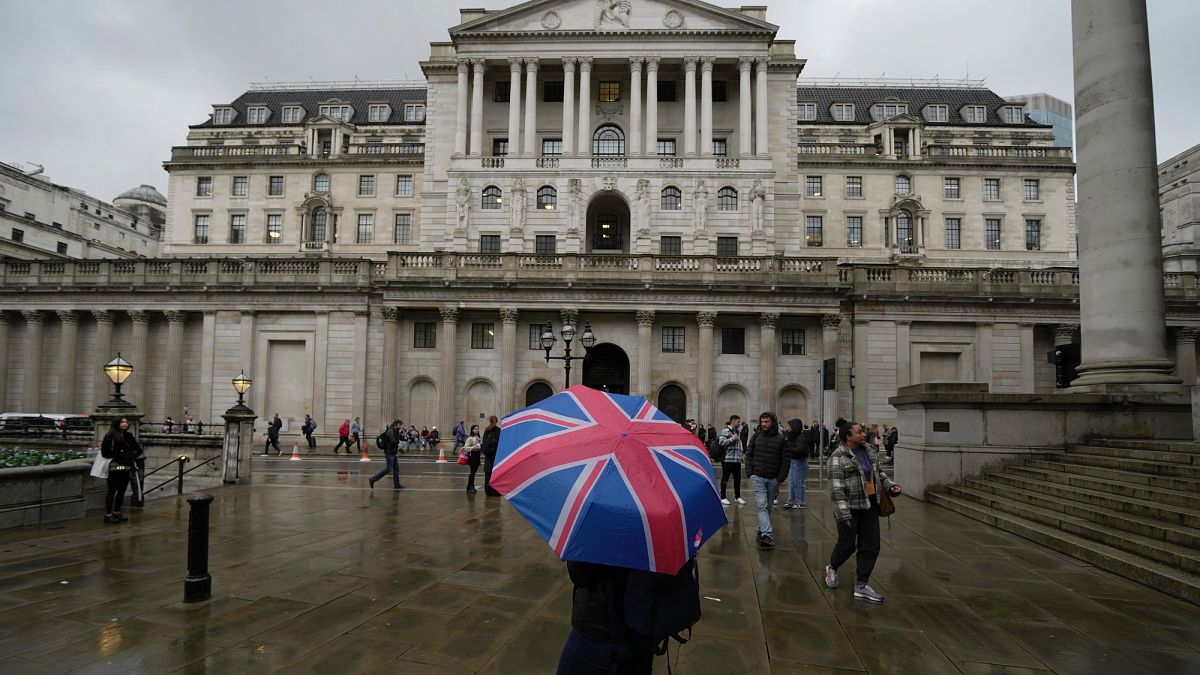

The global economic landscape is undergoing significant changes, notably following new trade impositions and economic contractions. As world leaders engage in economic dialogues, recent developments focus on tariffs and their implications.
In a noteworthy move, the UK economy experienced a slight dip in May, despite expectations of modest growth. Analysts had forecasted a minor expansion of 0.1% for the month; however, the reality was a contraction. This outcome stems largely from ongoing tariffs and tax increases that continue to challenge economic growth efforts. This scenario prompts a closer examination of financial policies and strategies aimed at revitalizing economic performance.
The European Union (EU) faces its own set of challenges, particularly with the introduction of tariffs by the United States. Approximately 20% of the EU’s exports end up in the US, making them a significant trading partner. The imposition of tariffs on the carmaking sector predominantly affects Germany, given its strong manufacturing base. Similarly, potential tariffs looming over the pharmaceutical sector could profoundly impact Ireland’s economy, given its reliance on pharmaceutical exports.
Beyond economic data, diplomatic exchanges play a crucial role in shaping trade relations. In recent discussions, EU leaders clearly communicated their willingness to suspend retaliatory tariffs against the US. This gesture reflects a desire to maintain harmony and stability within international trade dynamics. By signaling flexibility, the EU positions itself as willing to engage in constructive dialogue, soothing market concerns and fostering an environment of cooperation.
Across the Atlantic, economic strategies continue to unfold under President Donald Trump’s administration. Recent announcements introduced a 50% tariff on Brazilian imports, justified by political considerations related to former Brazilian president Jair Bolsonaro. Additionally, similar tariffs are set to target a host of other nations, including the Philippines and Moldova, suggesting a broader trade strategy aimed at reforming international trade relationships. These measures aim to advocate for equitable trading conditions, though their effectiveness remains to be seen.
These ongoing developments present a complex backdrop. While the immediate outlook may appear challenging, these actions also provide an opportunity for refining and recalibrating economic approaches. Government officials, analysts, and trade partners can embrace a mindful perspective, recognizing the balance between short-term impacts and long-term economic strategies. This episode in trade relations serves as a reminder of the interconnected nature of the global economy, encouraging collaborative solutions and thoughtful policymaking.
As these events continue to unfold, stakeholders worldwide remain attentive. Mindfulness in addressing these challenges will be key in navigating the evolving trade environment. This approach ensures that growth, innovation, and cooperation are prioritized, paving the way for a more resilient economic future.
Source: {link}
